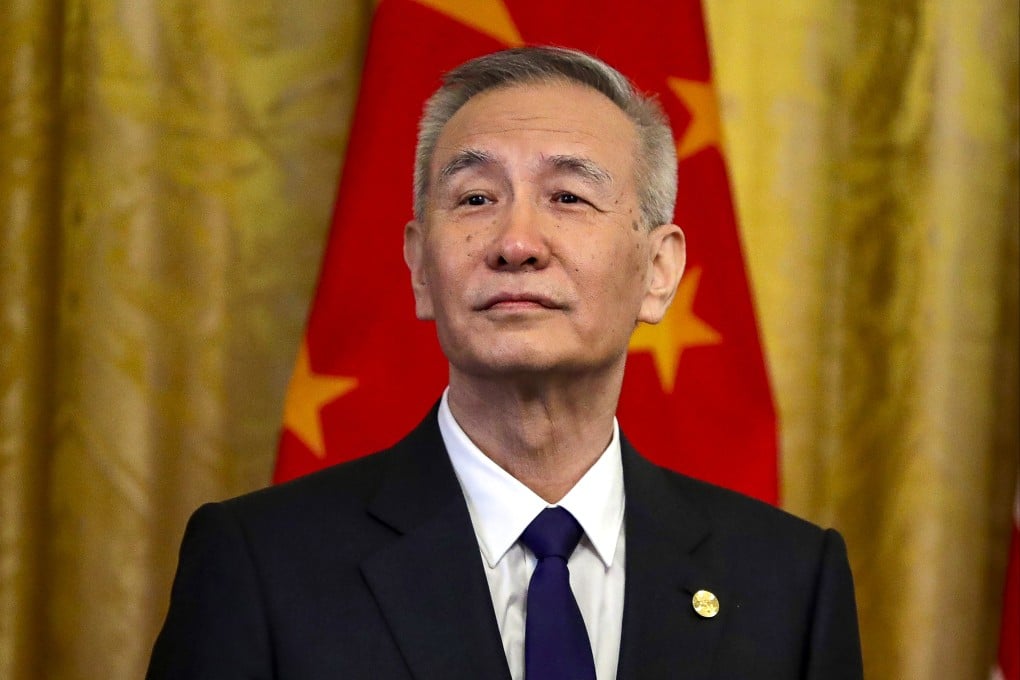Exclusive | Elder Liu He remains China’s economic guide, including on US strategy
- Numerous sources said the former vice-premier is regularly consulted by the leadership on important financial and economic affairs
- The 71-year-old Harvard-trained economist is one of President Xi Jinping’s most trusted confidants

One source said the leadership highly values Liu’s rich experience and knowledge. “He has been asked to give input on key issues on domestic economic policies and how to deal with the United States over trade and economic matters,” said another.
Following US Secretary of State Antony Blinken’s visit to Beijing, more American officials, including Treasury Secretary Janet Yellen may also make a trip to China, according to another source.
Liu’s vast knowledge and experience are seen as invaluable as Beijing works on its strategies to deal with the US – cooperating in some areas while pushing back in others.
Liu Wan-Hsin, a senior researcher at the Kiel Institute for the World Economy in Germany, said retaining Liu’s services could send a strong message that economic development remains a top priority for the Chinese government.